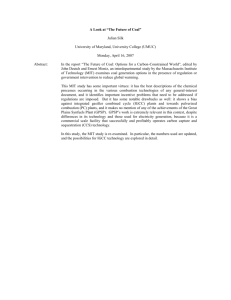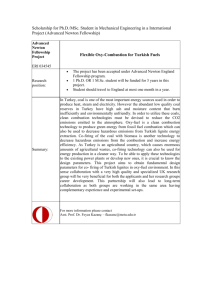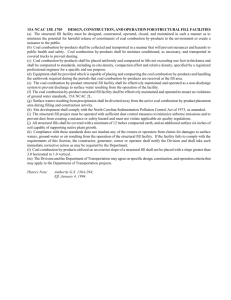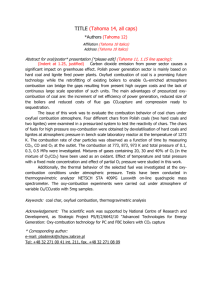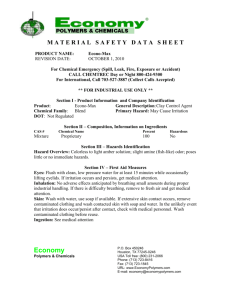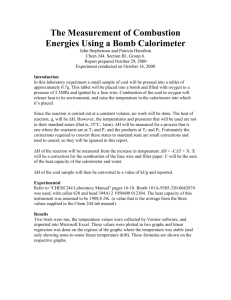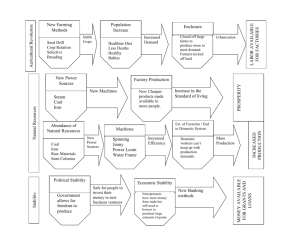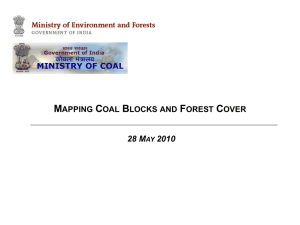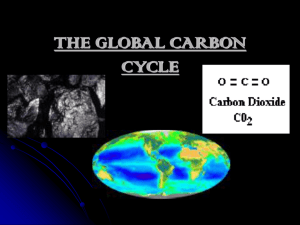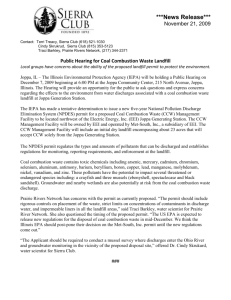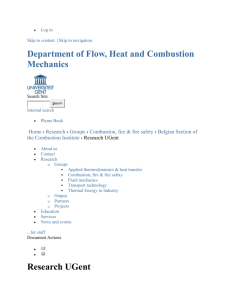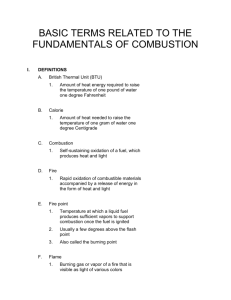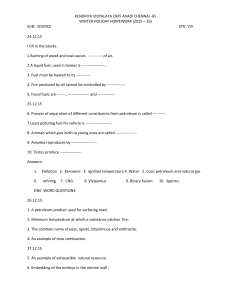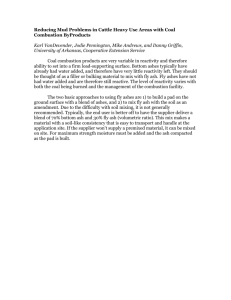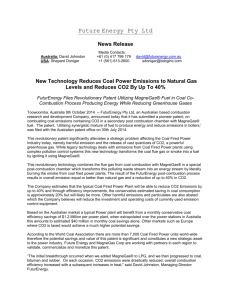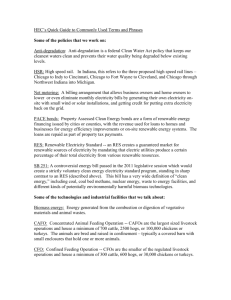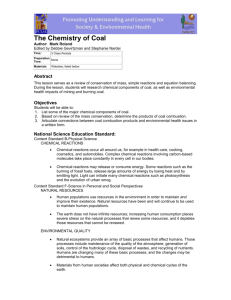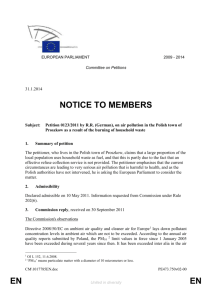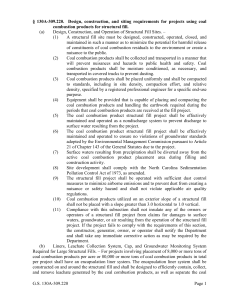BILL ANALYSIS
advertisement
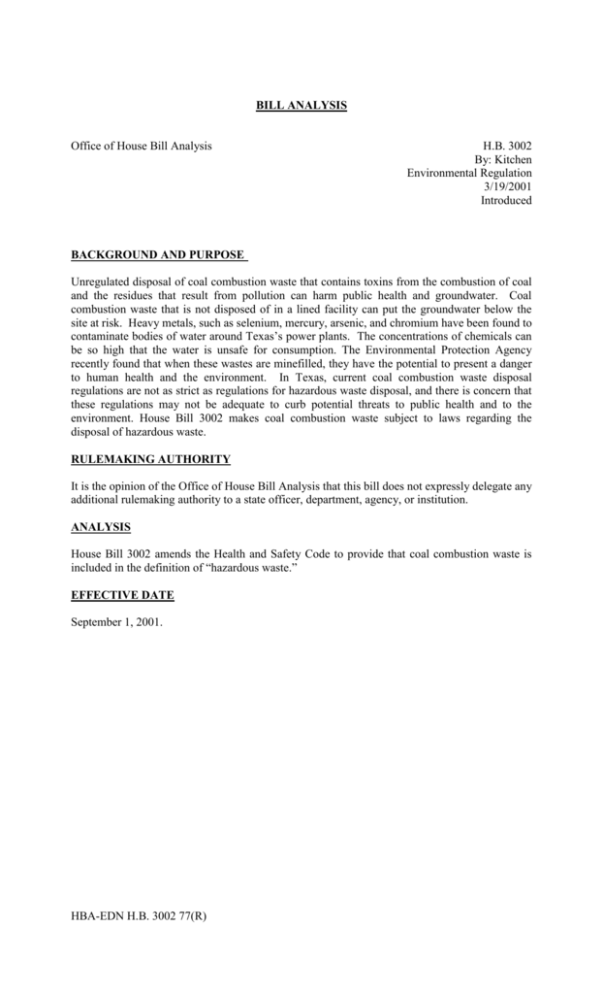
BILL ANALYSIS Office of House Bill Analysis H.B. 3002 By: Kitchen Environmental Regulation 3/19/2001 Introduced BACKGROUND AND PURPOSE Unregulated disposal of coal combustion waste that contains toxins from the combustion of coal and the residues that result from pollution can harm public health and groundwater. Coal combustion waste that is not disposed of in a lined facility can put the groundwater below the site at risk. Heavy metals, such as selenium, mercury, arsenic, and chromium have been found to contaminate bodies of water around Texas’s power plants. The concentrations of chemicals can be so high that the water is unsafe for consumption. The Environmental Protection Agency recently found that when these wastes are minefilled, they have the potential to present a danger to human health and the environment. In Texas, current coal combustion waste disposal regulations are not as strict as regulations for hazardous waste disposal, and there is concern that these regulations may not be adequate to curb potential threats to public health and to the environment. House Bill 3002 makes coal combustion waste subject to laws regarding the disposal of hazardous waste. RULEMAKING AUTHORITY It is the opinion of the Office of House Bill Analysis that this bill does not expressly delegate any additional rulemaking authority to a state officer, department, agency, or institution. ANALYSIS House Bill 3002 amends the Health and Safety Code to provide that coal combustion waste is included in the definition of “hazardous waste.” EFFECTIVE DATE September 1, 2001. HBA-EDN H.B. 3002 77(R)
